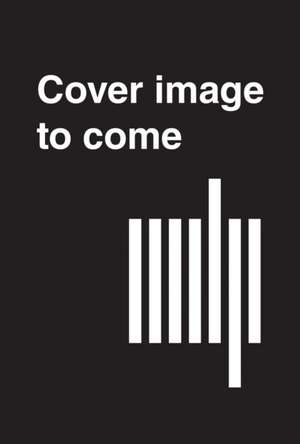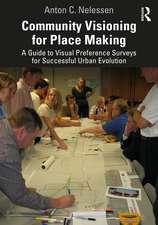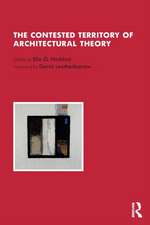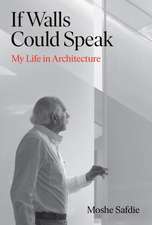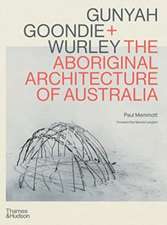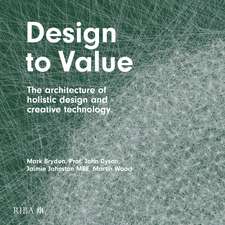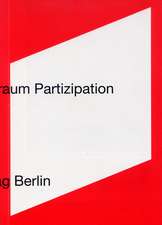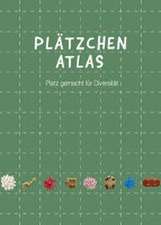Agonistic Assemblies
Editat de Markus Miessenen Limba Engleză Paperback – 4 iun 2024
Preț: 170.97 lei
Nou
Puncte Express: 256
Preț estimativ în valută:
32.72€ • 34.12$ • 27.19£
32.72€ • 34.12$ • 27.19£
Carte disponibilă
Livrare economică 27 februarie-13 martie
Livrare express 13-19 februarie pentru 88.12 lei
Preluare comenzi: 021 569.72.76
Specificații
ISBN-13: 9781915609144
ISBN-10: 1915609143
Pagini: 360
Dimensiuni: 149 x 230 x 34 mm
Greutate: 0.74 kg
Editura: Mit Press
ISBN-10: 1915609143
Pagini: 360
Dimensiuni: 149 x 230 x 34 mm
Greutate: 0.74 kg
Editura: Mit Press
Notă biografică
Markus Miessen is an architect, writer, director of Studio Miessen, and Professor of Urban Transformation at the University of Luxembourg, where he holds the chair of the City of Esch, associated with the master programme "Architecture, European Urbanisation, Globalisation."
